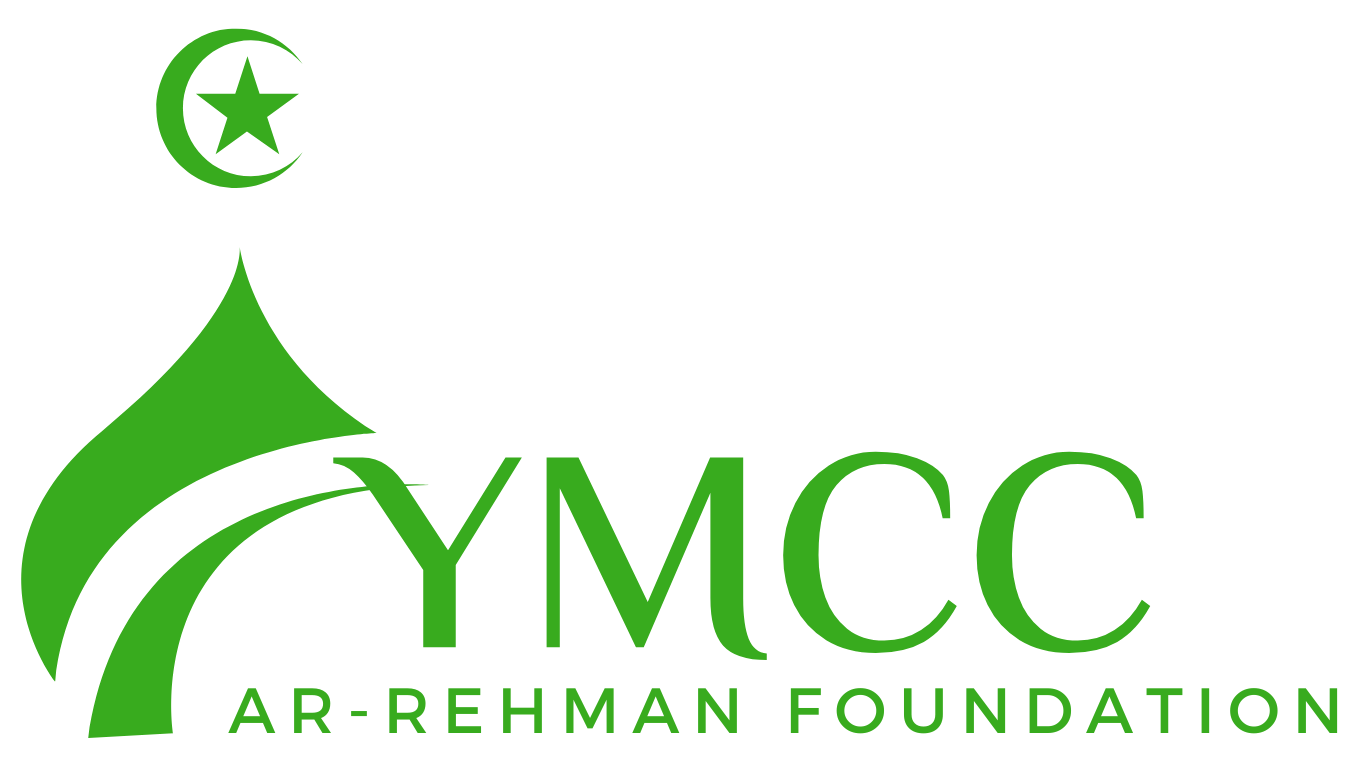Quran Tajweed

What is Quran Tajweed?
Tajweed refers to the rules and principles governing the proper pronunciation and articulation of the Qur’anic text. It is an essential aspect of Qur’anic recitation, ensuring that each letter and sound is pronounced as it was intended by the Prophet Muhammad. The term “Tajweed” itself means “to improve” or “to make better,” reflecting the goal of achieving the most accurate and melodious recitation possible.
Key Aspects of Tajweed:
1. Pronunciation (Makharij al-Huruf): Tajweed emphasizes the correct pronunciation of each letter from its specific point of articulation. This ensures that the recitation is both accurate and pleasing.
2. Quality of Sound (Sifaat al-Huruf): Tajweed also focuses on the characteristics of each letter, such as whether it is heavy or light, nasal or clear. Proper application of these qualities enhances the clarity and beauty of the recitation.
3. Rules of Elongation and Shortening: Tajweed involves specific rules for elongating or shortening vowels and sounds, known as Madd and Qalqalah, respectively. These rules contribute to the rhythmic and melodic aspects of recitation.
4. Intonation and Melody (Tarteel): The recitation of the Qur’an should be done with a melodious tone and proper intonation, which aids in understanding and reflection on the verses.
The Role of Tajweed in Quranic Education
Tajweed is crucial for anyone who seeks to recite the Qur’an correctly. It is a fundamental part of Quran classes, where students are taught not only to read the Qur’an but to do so in a manner that honors its sacredness. Mastery of Tajweed enhances the beauty of the recitation and allows for a deeper connection with the text.
Tajweed and Charitable Projects: Insights from Hadith
Supporting educational initiatives related to Tajweed can also be seen as an act of charity. The following hadith sheds light on the importance of ongoing charitable actions:
Narrated by Abu Huraira: The Prophet Muhammad said, “When a man dies, his deeds come to an end except for three: a continuing charity (sadaqah jariyah), beneficial knowledge, or a righteous child who prays for him” (Sahih Muslim, Book 13, Hadith 4005).
This hadith emphasizes the enduring value of beneficial knowledge, which includes teaching and learning Tajweed. Contributing to or supporting projects related to Tajweed can be viewed as a form of Sadaqah Jariyah, or ongoing charity, in several ways:
1. Establishing Tajweed Schools: Setting up or funding schools dedicated to teaching Tajweed ensures that individuals of all ages have access to proper recitation training. This is a form of charitable contribution that continues to benefit the community.
2. Supporting Tajweed Programs: Donations to support Tajweed classes, including the cost of educational materials and instructors, help maintain high standards of Qur’anic recitation within the community.
3. Providing Resources: Contributing resources such as Tajweed guides, audio tools, and other educational aids can significantly enhance the quality of instruction and learning.
4. Training Teachers: Financially supporting or providing scholarships for teachers who specialize in Tajweed ensures that skilled instructors are available to teach others, perpetuating the cycle of learning and charity.
Conclusion
Quran Tajweed is essential for the accurate and beautiful recitation of the Qur’an, reflecting the sacredness and precision of the divine text. Mastery of Tajweed not only enriches personal spiritual practice but also serves as a means of contributing to the broader Islamic community. By supporting Tajweed education and related charitable projects, individuals can engage in acts of Sadaqah Jariyah, creating lasting benefits and continuing the tradition of spreading beneficial knowledge.
